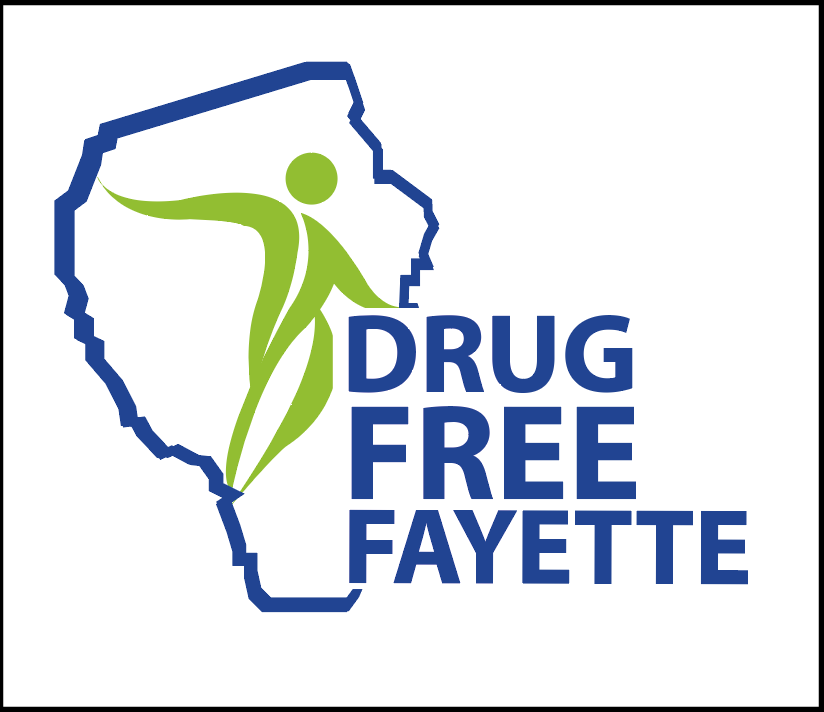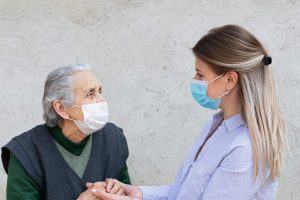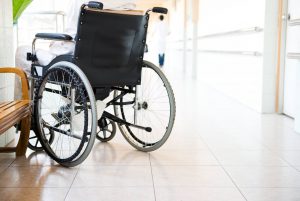You don’t want this visit. Two officers come to your door asking if this is Joseph`s residence. You know this is bad, you can see it in their eyes. We must inform you that Joseph died. Knowing of his years-long struggles with opioids following an auto accident that left him with rods and pins in his ankle and leg, you ask if he overdosed but they can only share that a syringe was in the car.
You have to call your wife; you really don’t want to make this call.
“You need to come home. I don’t want to tell you why on the phone.”
You don’t want to give this news. Mom arrives and sees you with two cops and asks what’s up. You have to be a strong husband and tell her that the light of her life, her precious boy now 23 years old has left this place forever, your son is dead. Whatever you imagine might be the response to such news is probably not even close.
You and your wife plunge into depths of emotional pain, anger, confusion, guilt, sometimes pointed at each other. If you have a solid relationship, maybe your marriage will survive but as is always the message from those members of this club you never asked to join, your life and worldview will never be the same as it was before that day.
Joseph is just one, but he was our one. Drug overdoses and overdose deaths continue to rise each year. Preliminary CDC mortality numbers for 2020 indicate a 30% increase from the deaths recorded in 2019 which means that over 93,000 Americans died of an overdose in 2020. Maybe if CNN had a daily chart on their screen constantly updating daily overdoses and associated deaths people would get the message.
How you can help
You can help. First, become an educated consumer of medicine. Understand what is being prescribed (especially when it comes to controlled substances) and then manage your medication with a healthcare professional. Secondly, keep medication safe and away from children or others who may take it to experiment or abuse. This can be done by storing the medication in a safe place and/or locking it up. Lastly, safely dispose of unused and expired medication. Don’t flush or throw them away in your trash — the environment and animals will thank you.
The DEA Take Back Day is held twice a year and is a safe, easy, and trustworthy way to dispose of your medication at three local law enforcement agencies this October 23rd. It’s a little-known fact that you can actually dispose of your meds at these three locations year around. You can also use Deterra Drug Deactivation Pouches in your own home; the materials in the pouch deactivate the medicine and make them safe to throw away in your own home. This is a call to action! You can help save lives.
Saturday, October 23, between 10 am and 2 pm
Residents of Fayette County – as well as across the United States – can participate in the DEA Prescription Drug Take Back Day on Saturday, October 23, between 10 a.m. and 2 p.m. by disposing of their unused and expired medications at one of the following locations:
- Peachtree City Police Department (350 Georgia Hwy 74 N, PTC 30269)
- Fayetteville Police Department (780 Jimmie Mayfield Blvd. F’ville 30215)
- Fayette County Sheriff’s Office (155 Johnson St. F’ville 30214)
Additional drop box locations within Georgia and more information can be found by visiting Take Back Day as well as visiting Prescription Drug Disposal.
When you drive to one of the above locations on October 23, simply drive up, hand your medications to the law enforcement officer who is present, and they will take it from there. Keep in mind: no sharps, liquids or aerosols can be accepted.
About Drug Free Fayette
Drug Free Fayette is a coalition of community leaders and youth in Fayette County focused specifically on reducing youth substance abuse in the county. While focused on prevention that includes awareness campaigns, policy change, data gathering, and curriculum, DFF also aims to align with other organizations that provide treatment and recovery services, for youth as well as adults. DFF is a confidential and reliable resource for information about substances, healthy alternatives, and tools to keep our families safer. DFF is supported by staff member support from its parent nonprofit organization: Fayette FACTOR.












Leave a Comment
You must be logged in to post a comment.